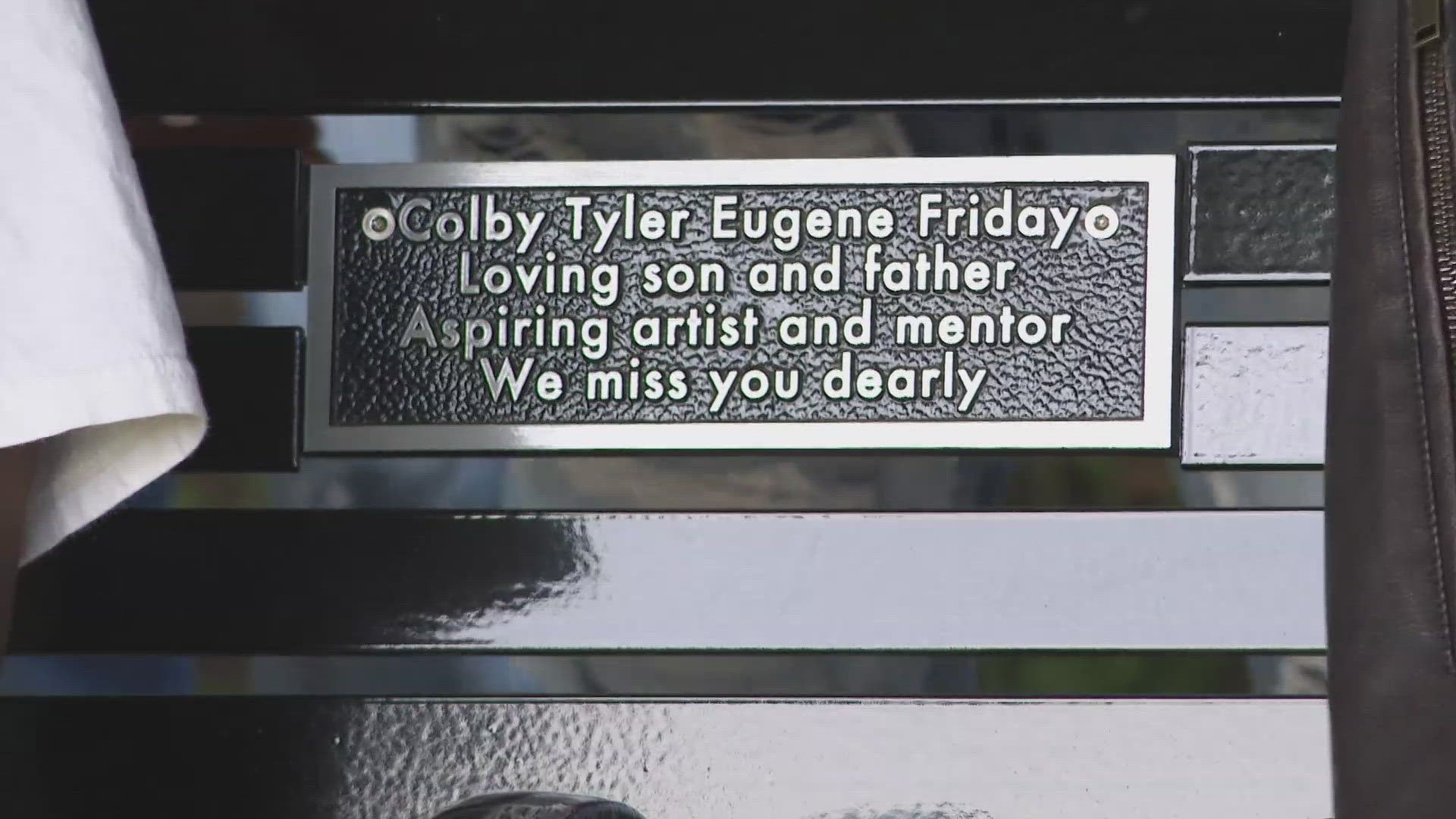SAN FRANCISCO — Here's something you might love: You don't have to just "like" Facebook posts anymore.
By popular demand, Facebook is going beyond the ubiquitous thumbs-up button with a new shorthand to express your thoughts and feelings.
Acknowledging that "like" isn't the right sentiment for every occasion, the giant social network is offering new options. Reactions, five emoting emojis, are rolling out to Facebook's more than 1.5 billion users around the globe starting Wednesday.
With a click of a button, you can choose from new emotions when commenting on a status update. Hold the "like" button on mobile or hover over the like button on desktop and five animated emoji pop up. Tap on love, haha, wow, sad or angry to express your reaction. Posts in News Feed will now show a tally of the reactions — how many loves, how many wows — a post gets.
Make no mistake: Reactions are not designed to capture the full range of human emotions. No meh or trash, Facebook wants to give people a fast and simple way to express thoughts or feelings in a positive, supportive way, not to troll friends.
Engagement runs high on Facebook and Facebook wants to keep it that way. Nearly 1.6 billion people visited the social network at least once a month in the fourth quarter, up from 1.55 billion people in the third quarter, and 1.04 billion visit Facebook every day.
Facebook says it conducted research for more than a year, tapping focus groups and surveys and poring over short one- to three-word comments, emoji or in virtual stickers to determine the emotions people most commonly want to express.
The winners were the five emoji that translated to cultures around the globe. One emoji, yay, was rejected for not being universal enough.
"We have been very intentional about really understanding what people are trying to communicate on Facebook right now and how can we make that easier," said Tom Alison, engineering director of News Feed.
For years, Facebook resisted giving users an alternative to the "like" button, namely a "dislike" button. But the lobbying only intensified as more people used Facebook on mobile devices and clamored for quicker and easier ways to comment.
Gartner Research analyst Brian Blau says the demand for a "dislike button" reflected frustration with not having more choices beyond like.
"What these emoji do is give greater granularity in expressing what you are thinking and feeling about something that was posted on Facebook," Blau said.
Will Facebook eventually give users more emotional bandwidth?
"We would consider it if it feels like that's going to be something that fulfills a need," Alison said. "We've wanted to make sure the product is lightweight, simple and understandable. The more reactions we add, the more complicated it gets."
Facebook announced in October that it would begin testing Reactions in Ireland and Spain. The test expanded to other countries such as Chile, the Philippines, Portugal and Colombia.


